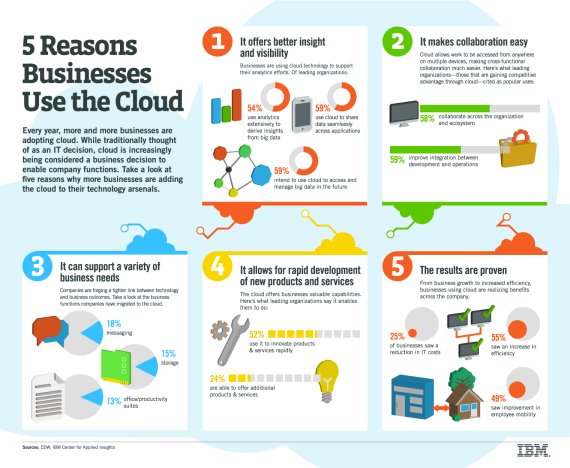Gaming is heading to the cloud. And that's a big deal.
Think about it: Gamers aren't chained to their Xbox or Playstation consoles anymore. They can play anywhere, on any device -- smartphone, tablet, smart TV, you name it. And online games are able to continually evolve over time. They aren't limited to the code they had at release.
Why?
The cloud provides instant, constant access for gamers and for game developers. Instead of releasing expansion pack-like updates in large chunks, developers are able to iteratively and seamlessly weave new changes into their games.
With the pervasive availability of stats and analytics about how gamers are engaging with a particular title online, games in the cloud are much smarter. They react to your moves and to the moves of the folks you're storming a castle with or fighting on some battlefield or competing against to build the strongest city. These games are in constant motion and are evolving based on the actions of the millions of other players who inhabit the same world.
As a result, developers are taking nuanced approaches to the kinds of titles are being released. Without the console tether, casual gamers have become a huge market, and they aren't particularly interested in the shoot-em-up games hardcore gamers have been playing online for years. They're playing Candy Crush and Flappy Bird. Are these are simple games? Absolutely. They are digital parlor games. But I'm convinced that they'll usher plenty of folks into more sophisticated, networked games. They demonstrate something all gamers know: how steeping yourself in an alternate universe can become very addictive.
From a practical perspective, the cloud is lowering the barriers to entry for new games. Not only are publishers able to release new titles without waiting for printing and physical distribution, but they're even starting to release games before they're even release-ready. Take DayZ for example: The game is buggy, incomplete ... and immensely popular. Powered by cloud resources, these types of games can scale up and down to handle real-time demand, whether it be a thousand users or ten million.
The rise and fall of online games depends on split-second reaction speeds and dependability, so cloud providers are up against a pretty significant challenge. Performance, reliability and latency have to be rock solid, and as developers find ways to push the limits of current technologies, we need to be releasing the next generation of cloud technologies to stay one step ahead.
The market for online gaming is expected to hit $111 billion next year, and if current momentum is any indication, that figure is just the tip of the iceberg.
